COVID-19: Don’t Create Vaccine Divide Between Rich, Poor Nations – WHO
The World Health Organisation, WHO, has warned against creating a divide between rich and poor nations concerning COVID-19 vaccine distribution.
This is according to the WHO Special Envoy on COVID-19, Dr David Nabarro. who spoke to Sky News.
He advsied that vaccines should be fairly shared across the world to enable equitable vaccination of vulnerable groups in all countries.
“The world should be accessing these vaccines in an equal way because right now health workers everywhere are at risk, older people also are at risk and the only way to deal with a global pandemic is to get fair shares across the world now.
“That is the right thing to do and I am really hopeful that world leaders in the coming weeks will realise that to have a few countries vaccinating a lot of people and then poorer countries having very limited vaccines is not really the way to go ahead, economically, socially, environmentally and indeed morally.”
He said the priority for vaccines at the moment everywhere is for those most at risk.
“Those are people who are susceptible because of their age or because they have got other conditions. ‘They are people who are highly exposed, for example, because they work in healthcare. That’s the same situation everywhere and we need a global policy to do that which is perfectly feasible.
“’We think that citizens can actually, perhaps talk to their politicians and say hang on a bit, we are actually part of the world and we think the first priority is to make sure that everybody everywhere gets what they need.’”
He said who gets vaccines is about what makes sense economically, and or in society. “Do we want to be remembered as a world where those who had the cash could afford to vaccinate their whole populations and countries that didn’t have the cash had to cope with a quite dramatically increasing death rate among their health workers?
“I don’t think so. I don’t think that is how any individual really wants to be seen when they look at themselves over the years and it is going to be time for a national and global debate about what the priorities should be because in the end we are human and humans need to be able to work with each other, whatever their race, whatever their ethnicity, whatever their wealth,” he remarked.

